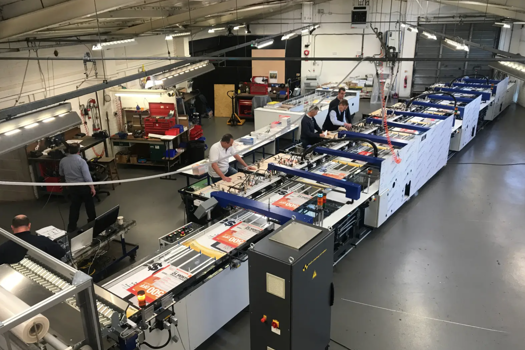Marking the first time micro-businesses have been recognised in a deregulatory EU Directive, the new measures will mean that the UK’s smallest companies will soon be able to draw up an abridged balance sheet and profit and loss account.
They will also continue to be exempt from submitting their profit and loss accounts to Companies House.
Although the government has not confirmed a date, the changes will come into force in the coming weeks and will apply to financial years ending on or after 30 September 2013 and related accounts on or after the date on which the changes are implemented.
The measures, being brought into force following a consultation by the Department of Business, Innovation & Skills, form part of the EU’s Micros Directive that aims to reduce regulatory and administrative burdens for the smallest companies.
Under the directive, 'micro-entities' are defined as companies that, on the date of their balance sheet, do not exceed two of three criteria: their average number of employees during the financial year must not exceed 10; the balance sheet total must not exceed £289,415; and maximum net turnover should be £578,830.
The full EU Micros Directive also permits member states to exempt their micro-businesses from recognising and presenting prepayments and accrued income and accruals and deferred income. However, the UK government has chosen not to adopt these additional options.
Announcing the changes this morning, business minister Jo Swinson said: "Thriving micro-businesses are a vital ingredient for a stronger economy. However, because of their size, they don’t always have dedicated finance teams behind them. We therefore need to make sure that they can focus on growing their business - rather than completing unnecessarily detailed paperwork.
"The measures announced today are just one of the ways we’re cutting bureaucracy, letting micro-businesses get on with running their enterprises and creating jobs."
Chairman of the British Association for Print and Communication, Sidney Bobb, welcomed the news. "Anything that alleviates the administrative burdens of the smallest businesses is to be welcomed.
"How effective it will be in practice, however, we’ll have to see. There are so many formal administrative requirements on small and micro-businesses and some of the information that they have to compile bears absolutely no relevance to their practical activities.
"They also need to use professionals to put that amount of information together and there are costs associated with that.
"So this should hopefully make things easier and cheaper for businesses, it won’t make them a fortune but anything is welcome," he added.
Tweet









